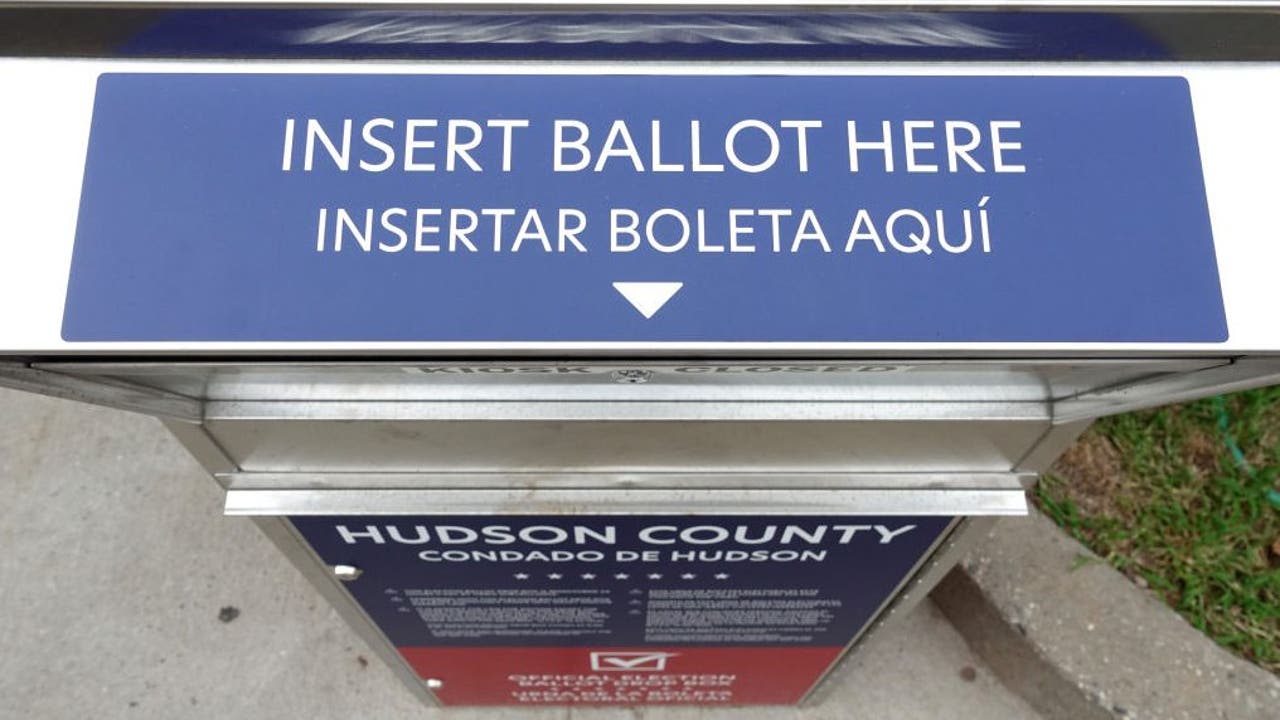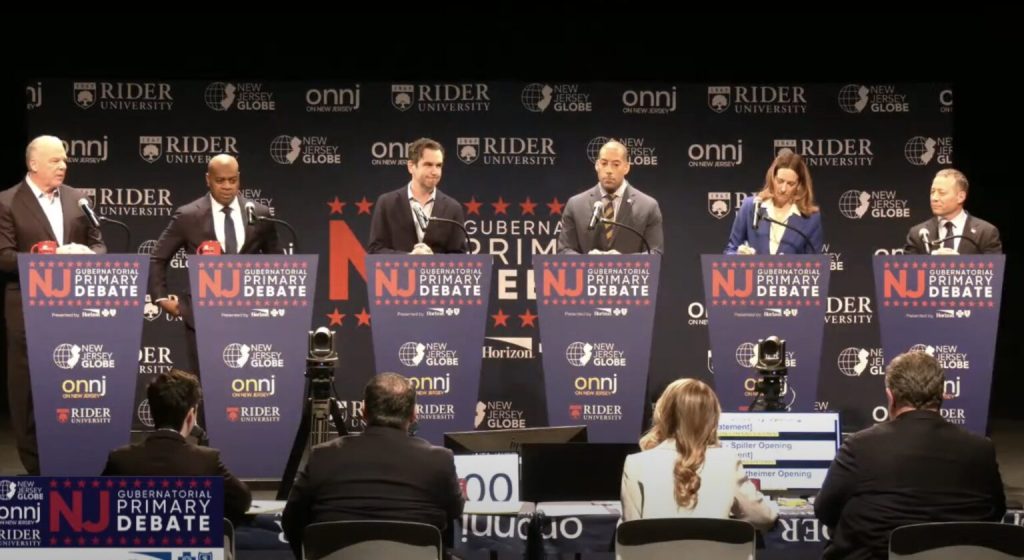The New Jersey elections of 2025 are shaping up to be one of the most significant political events in the state’s history. With a competitive gubernatorial race, national implications for election integrity, and a diverse range of candidates, voters are being asked to make critical decisions that will influence the future of the state and beyond.
This article provides an in-depth look at the key issues, candidates, and developments surrounding the New Jersey Elections 2025.
The Gubernatorial Race: A Tight Contest
New Jersey residents will vote in one of the most competitive gubernatorial races in the country on November 4, 2025. Incumbent Governor Phil Murphy is stepping down after serving two terms, leaving a high-profile seat open for contenders from both major parties and independent voices.
Key Candidates
-
Mikie Sherrill (Democrat): A U.S. Representative from New Jersey, Sherrill has been positioned as a strong contender in recent polls. She emphasizes progressive policies, including climate action, healthcare reform, and infrastructure investment.
-
Jack Ciattarelli (Republican): A former state senator, Ciattarelli is running on a platform focused on fiscal responsibility, lower taxes, and reducing government regulation. His campaign has gained momentum in suburban areas.
-
Vic Kaplan (Libertarian): Known for his anti-tax stance, Kaplan advocates for affordable housing and immigration reform. He aims to appeal to voters who feel overlooked by the two major parties.
-
Joanne Kuniansky (Socialist Workers Party): A long-time activist, Kuniansky represents a unique voice in the race. Her campaign focuses on systemic change, arguing that capitalism is the root of many societal problems.
Each candidate brings a distinct vision for the state, and their platforms reflect the broader ideological divides shaping American politics today.
Election Integrity and Federal Monitoring

One of the most contentious aspects of the 2025 New Jersey elections is the federal government’s involvement in monitoring the process. The Department of Justice (DOJ) has announced plans to send election observers to Passaic County, where the governor’s race is expected to be particularly close.
What’s Behind the Move?
The DOJ’s decision comes after requests from the New Jersey Republican Party, which claims there have been irregularities in voting procedures. The party has expressed concerns about the accuracy of mail-in ballots and access to polling locations.
However, critics argue that the move could be seen as an attempt to undermine voter confidence. New Jersey Attorney General Matt Platkin called the decision “highly inappropriate” and questioned the legal basis for federal intervention.
Despite these concerns, the presence of federal observers is not unusual. In fact, it is a routine practice in many states. However, the timing and context of this particular deployment have sparked debate about the politicization of election oversight.
Voter Participation and Registration

New Jersey has made significant strides in expanding voter access. Anyone who is a U.S. citizen, has lived in their county for at least 30 days before the election, and will be at least 18 on or before Election Day is eligible to register.
In 2019, the state restored voting rights to individuals on probation and parole, further broadening participation. This policy has had a notable impact on communities across the state.
How to Register
- Online: Voters can register through the official New Jersey Division of Elections website.
- In Person: Registration is available at local county clerks’ offices.
- By Mail: Voters can submit a paper form to their county clerk.
With the upcoming elections, voter turnout is expected to be high, especially in urban areas like Newark, Camden, and Trenton, where Democratic support remains strong.
National Implications

While the New Jersey elections are primarily a state-level contest, they carry broader national significance. The outcome of the governor’s race could influence the direction of state policy on issues such as healthcare, education, and environmental regulation.
Additionally, the state’s role in the redistricting process is under scrutiny. California, another state with a major election in 2025, is also involved in a special election aimed at reshaping its congressional map. Both states are key battlegrounds for control of the House of Representatives in the 2026 midterms.
The federal government’s involvement in these elections has raised concerns among Democrats, who fear that similar tactics used in 2020 could be repeated. They argue that unfounded allegations of fraud could discourage voter participation and erode trust in the democratic process.
The Socialist Workers Party and Political Diversity

Among the candidates vying for the governor’s seat is Joanne Kuniansky of the Socialist Workers Party. While she may not be a frontrunner, her presence highlights the diversity of political thought in the state.
Kuniansky’s background includes activism in Atlanta during the 1970s, where she was involved in civil rights and anti-war movements. She joined the Socialist Workers Party in 1977 and has since worked to promote socialist principles in New Jersey.
Her campaign is not just about winning an election; it’s about building a movement. “We don’t think you can reform capitalism,” she said. “We think that it’s only through workers taking actions independently of the bosses’ parties, the Democrats and Republicans, that you can begin to make progress.”
While her message may not resonate with all voters, her campaign adds an important dimension to the 2025 elections, reminding voters that politics in New Jersey is more than just a battle between the two major parties.
Conclusion: What to Watch For
As the 2025 New Jersey elections approach, several factors will shape the outcome:
- Election Integrity: The federal government’s role in monitoring the process will be a point of contention.
- Voter Turnout: Efforts to expand access and encourage participation will be crucial.
- Candidate Platforms: The debates over healthcare, education, and economic policy will define the race.
- National Impact: The results could influence the balance of power in Congress and the direction of state policy.
For voters, the 2025 elections represent a chance to shape the future of New Jersey and, by extension, the nation.
Call to Action
Stay updated with the latest news on the New Jersey Elections 2025. Follow our coverage for real-time updates, expert analysis, and insights into the candidates and issues that matter most.
Author: Alex Thompson
Title/Role: Political Analyst and Journalist
Credentials: Alex Thompson has covered U.S. elections for over a decade, writing for major publications and contributing to national political discussions.
Profile Link: LinkedIn Profile
Sources:
– U.S. Department of Justice – Election Monitoring
– New Jersey Division of Elections
– Associated Press – Election Coverage
Internal Links:
– 2024 U.S. Presidential Election Insights
– Understanding Redistricting in America
– Voter Rights and Access in New Jersey
Schema Markup:
<script type="application/ld+json">
{
"@context": "https://schema.org",
"@type": "Article",
"headline": "Everything You Need to Know About the New Jersey Elections 2025",
"datePublished": "2025-11-01",
"dateModified": "2025-10-25",
"author": {
"@type": "Person",
"name": "Alex Thompson"
},
"publisher": {
"@type": "Organization",
"name": "US Trending News",
"logo": {
"@type": "ImageObject",
"url": "https://example.com/logo.png"
}
},
"description": "A comprehensive guide to the New Jersey Elections 2025, covering key candidates, issues, and the role of federal oversight."
}
</script>
Featured Snippet:
The New Jersey Elections 2025 feature a competitive gubernatorial race, with candidates from multiple parties. The federal government is monitoring the process, raising concerns about election integrity and voter confidence.











More Stories
US Trending News: The History and Legacy of Zoo York in Streetwear Culture
US Trending News: The ‘Your Mom’ White House: A Trendy Take on Political Humor
US Trending News: Who Is Karoline Leavitt, ‘Your Mom’ in Political Memes?